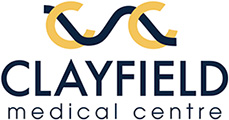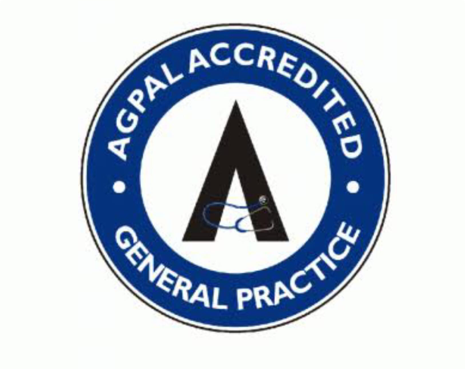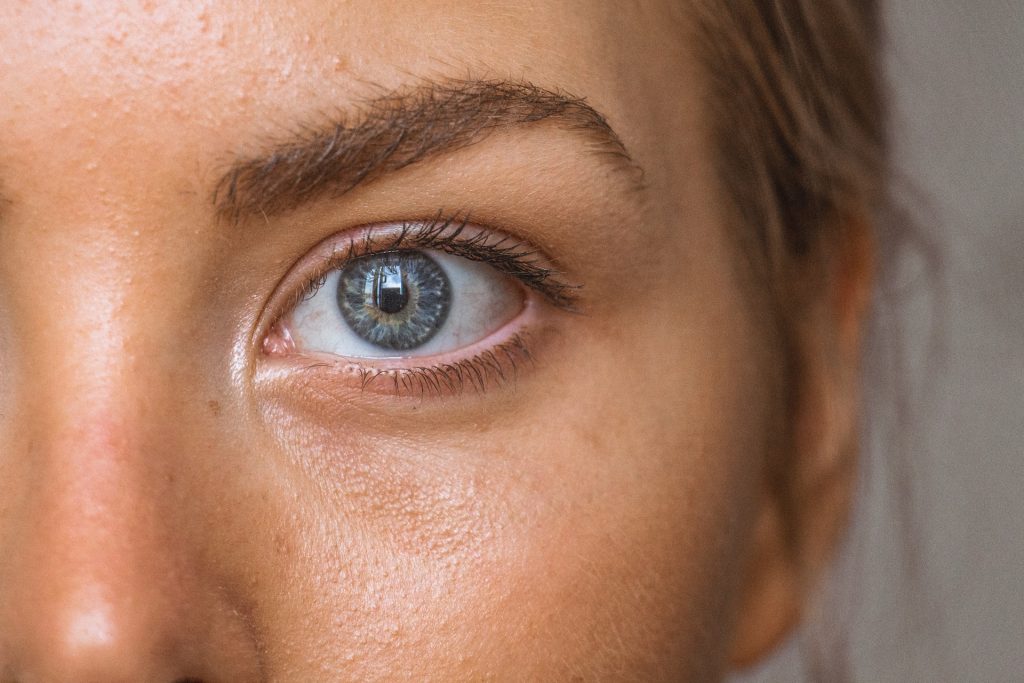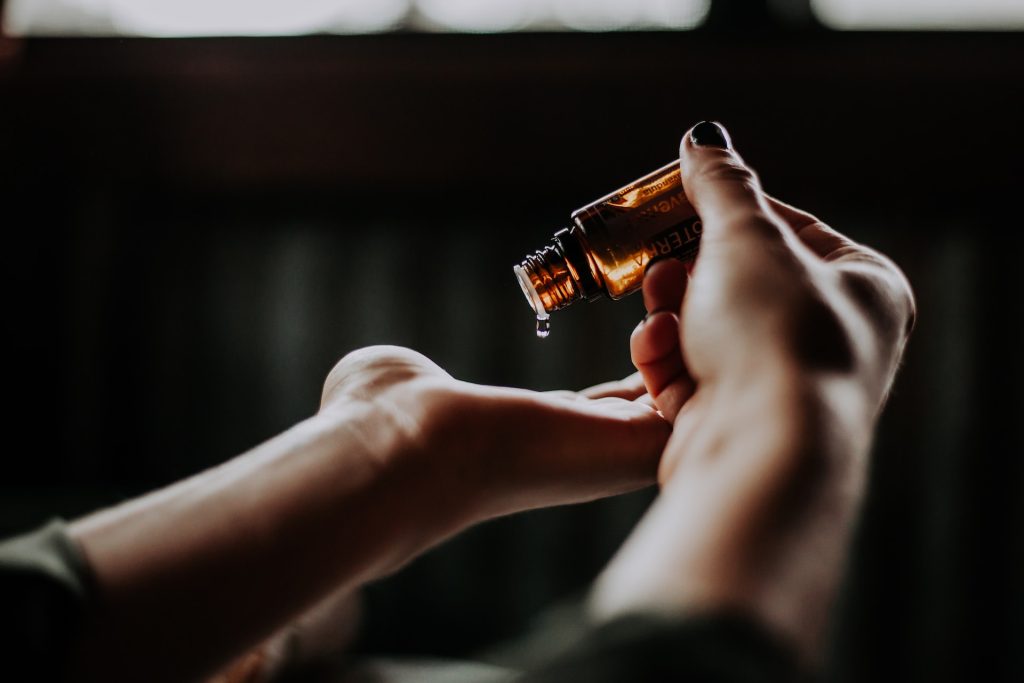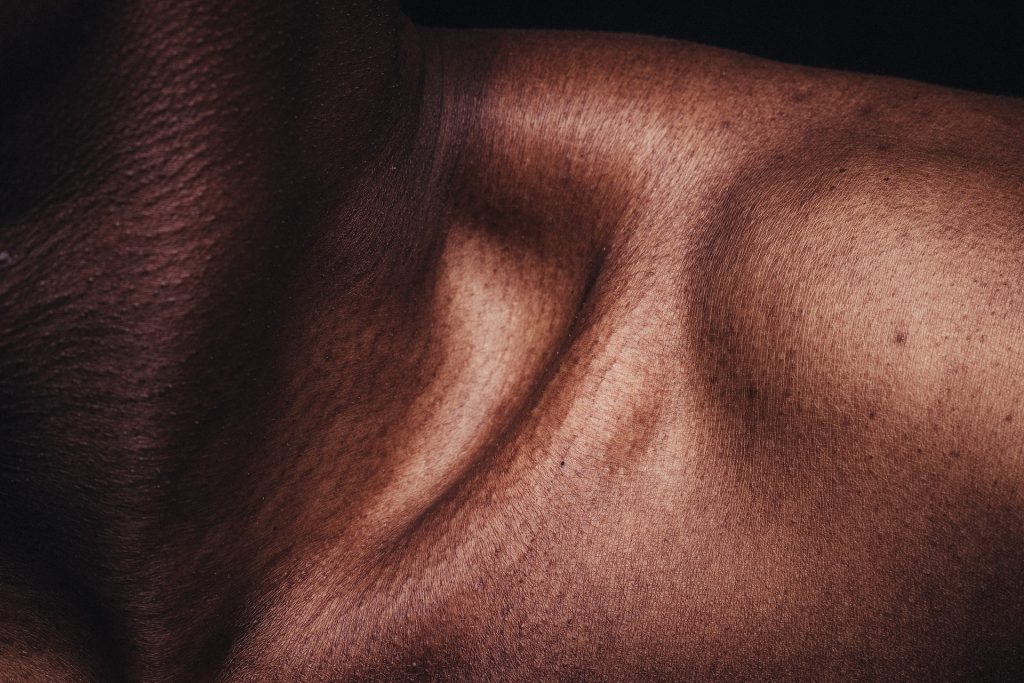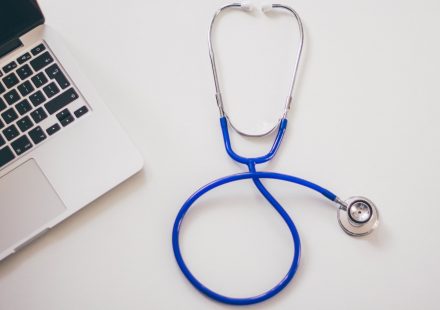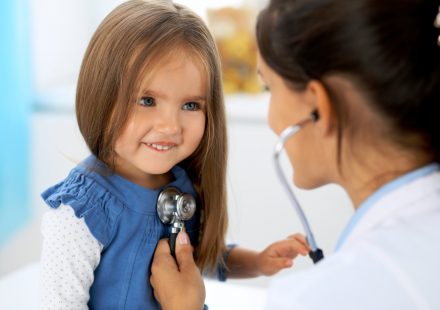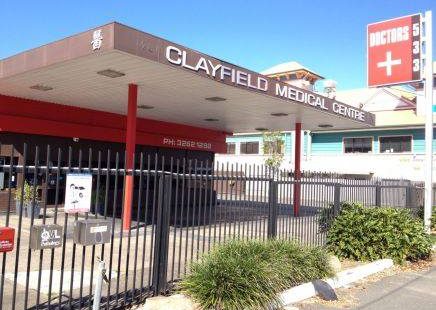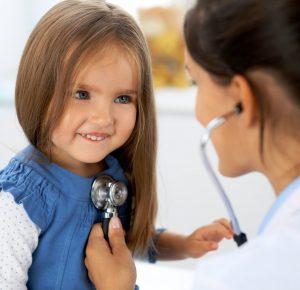Skin Cancer Check — Brisbane
If you’re looking to schedule a skin cancer check, our Brisbane doctors can help. At Clayfield Medical Centre, our general practitioners are fully qualified to detect, diagnose, and develop appropriate treatment plans for melanoma and other skin cancers.
How We Can Help
We provide routine full-body skin checks to help with the prevention, detection, and treatment of different skin cancers. During your appointment, our fully qualified doctors will complete a thorough examination of your skin, identifying and assessing any abnormalities they may find, such as:
- Skin cancers
- Benign/precancerous lesions
- Other abnormalities that may be cause for concern
Should we find anything suspicious during your skin cancer check, we will then take you through your options for testing and treatment. Whatever the outcome may be, you can rest assured that we will do our best to prevent further complications and address any issues as quickly and effectively as possible.
The Different Types of Skin Cancer
There are several types of skin cancer, each with varying rates of occurrence, development, and severity. While skin cancer takes many different forms, they all tend to have the same underlying cause, with overexposure to the sun’s UV rays accounting for around 95% of cases. The three most common types of skin cancer we can diagnose and treat are:
Skin Cancer Signs and Symptoms
According to Cancer Council, Australia has one of the highest rates of skin cancer in the world, with two in three Australians receiving a diagnosis before they turn 70. Despite its prevalence, most skin cancers are successfully treated if caught early through a routine skin cancer check. That’s why it’s important to stay informed about the warning signs so you can better identify any lesions of concern and get the early intervention you need.
Common warning signs and symptoms of skin cancer include:
- Moles or freckles that abruptly change in colour, size, shape, texture, or thickness
- Spots that look and feel different from any other spots on your skin
- New spots, freckles, and/or moles
- Crusty, itchy, and/or bleeding sores that do not heal within a few weeks
- Small lumps/spots that are red, pale, or pearly (more common in fair skin)
- Small lumps/spots that are slightly translucent and brown or somewhat pigmented (more common in darker skin)
As you check your skin for cancer, it should be noted that the common signs, symptoms, and locations can differ depending on your skin colour. For example, people with fair skin more often develop skin cancer in areas that have experienced sun damage and overexposure to UV rays. However, people with dark skin more commonly develop skin cancer in areas that aren’t overexposed to sunlight, such as the palms, groin, nail beds, and soles of the feet.
Above all else, it’s important to remember that skin cancer can affect anyone and can grow in any area, no matter how unlikely it may seem. If you’ve noticed a concerning change in your skin, it’s essential that you book a skin cancer check as soon as possible to get the medical attention you need.
When to Schedule a Skin Check
We recommend scheduling a skin cancer check with one of our doctors if you notice any of the signs and symptoms mentioned above. The best way to notice these changes is by conducting regular skin checks on yourself if you’re able to do so. Becoming familiar with your skin makes it easier to identify any changes or suspicious spots that may need further evaluation by a healthcare professional.
Early detection allows for prompt medical intervention, increasing the chances of successful treatment and minimising the potential spread of skin cancer. Regular self-exams are particularly crucial for individuals at higher risk of skin cancer.
Who Has a Higher Risk of Developing Skin Cancer?
Anyone can be at risk of developing skin cancer, and the possibility increases as you get older. However, age isn’t the only factor that can increase your risk of developing the disease. Even if you’re young, you’re at a higher risk of skin cancer if you have:
- Been diagnosed with skin cancer before
- A family history of skin cancer
- A fair skin type
- Light-coloured eyes
- Red or blonde hair
- A history of sunburns
- Several moles and/or freckles on your skin
- Used tanning beds or sun lamps
- Spent a lot of time outdoors or have a job working outdoors
- A compromised immune system or are taking immunosuppressants
What Happens During a Skin Cancer Check?
When you visit our clinic for a skin check, we will conduct a thorough examination to look for any skin spots or lesions that could be cancerous. During your appointment, we will take care to visually inspect your entire body, including hard-to-see areas such as your scalp, between your toes, and under your nails.
To help us properly check your skin for cancer, we may use a dermatoscope (a special handheld device with magnification and light) to closely examine any suspicious or high-risk areas. We will also look for signs of skin cancer by doing a mole check and paying attention to any concerning lesions you may have noticed prior to your appointment.
If we find any suspicious spots during your skin cancer check, we will either remove them or perform a biopsy on them once your check is complete. This will involve administering a local anaesthetic before either cutting off the spot completely or taking a small tissue sample to send to a laboratory for further examination.
What Treatments Are Available?
If you are diagnosed with skin cancer, we will explain your options for treatment and work out the best way to move forward. There are a few different treatment options available, including:
- Surgery
- Cryotherapy
- Targeted therapy
- Immunotherapy
- Radiation therapy
- Chemotherapy
In some cases, we will be able to remove the cancer during the initial excision immediately after your skin cancer check, meaning you likely won’t require any further treatment. However, if you do require further treatment, the options we recommend to you will depend on the following factors:
- The type of skin cancer you have
- The cancer’s location and size
- Your overall health
- Any medications you are taking
- What stage the cancer is in
Contact Us Today
Whether you’ve found a suspicious spot you’d like to get checked out or you’d simply like to book a routine skin cancer check, our Brisbane clinic can help. Phone Clayfield Medical Centre today or book an appointment online to schedule your skin check and allow our team to provide the professional healthcare you need.
